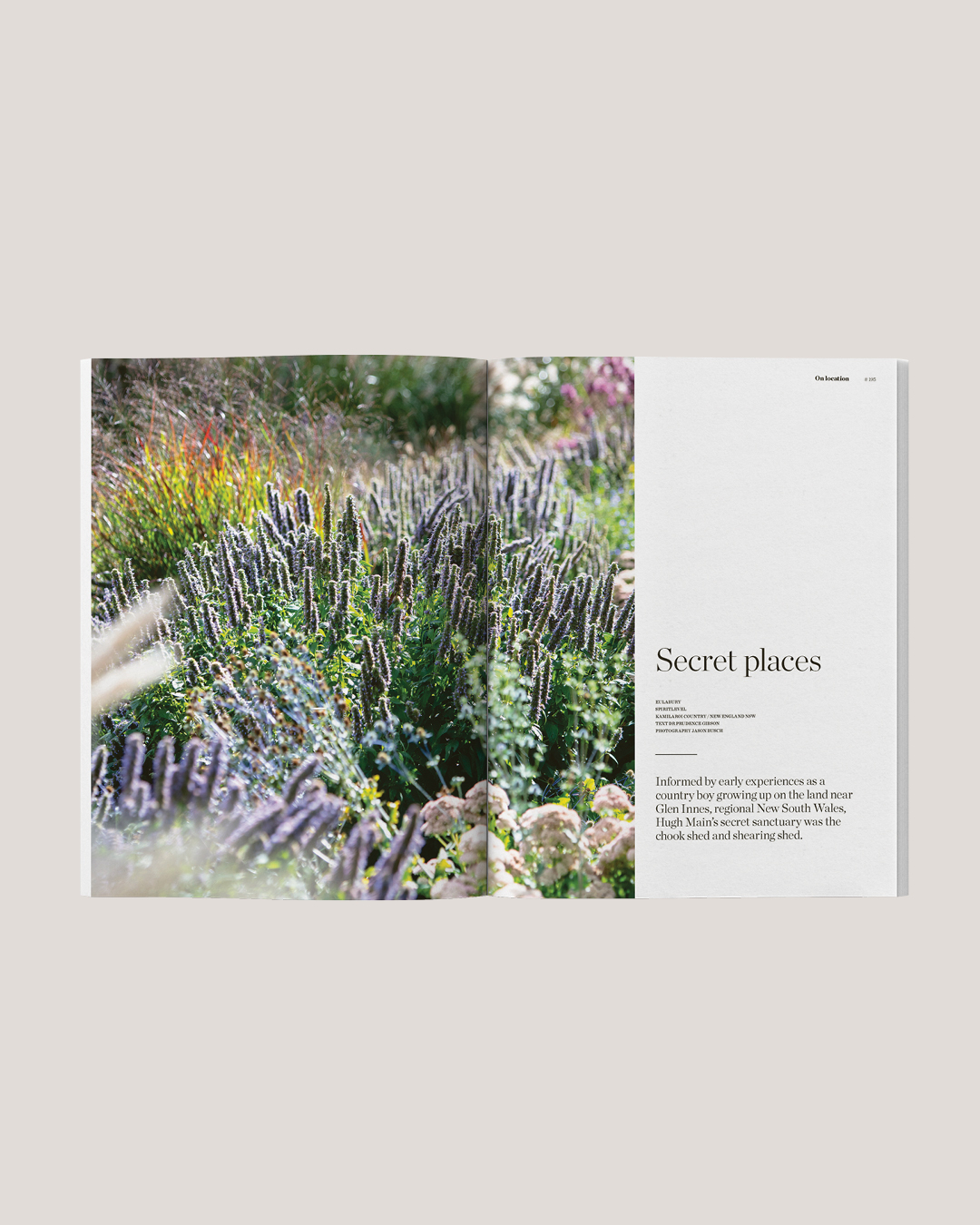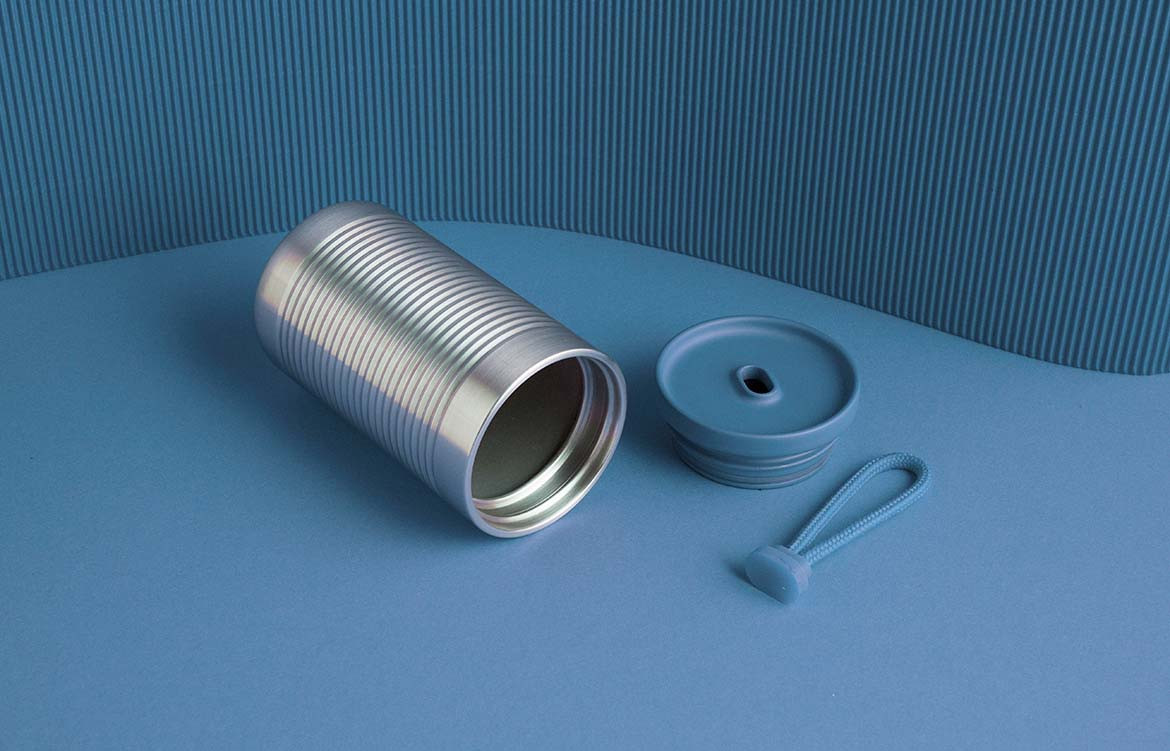Singapore is a country renowned for design innovation, ranked as the most sustainable city in Asia and fourth in the world by the 2018 Sustainable Cities Index. In looking for ways to continually improve and innovate, the DesignSingapore Council launched the Good Design Research initiative in 2020 to support and allow space for transformative, sustainable solutions.
The initiative provides designers with sponsorship, mentorship and industry support to empower them to design impactful solutions to challenges that face cities and society within three key areas – environment, communities and culture, and people and organisations.
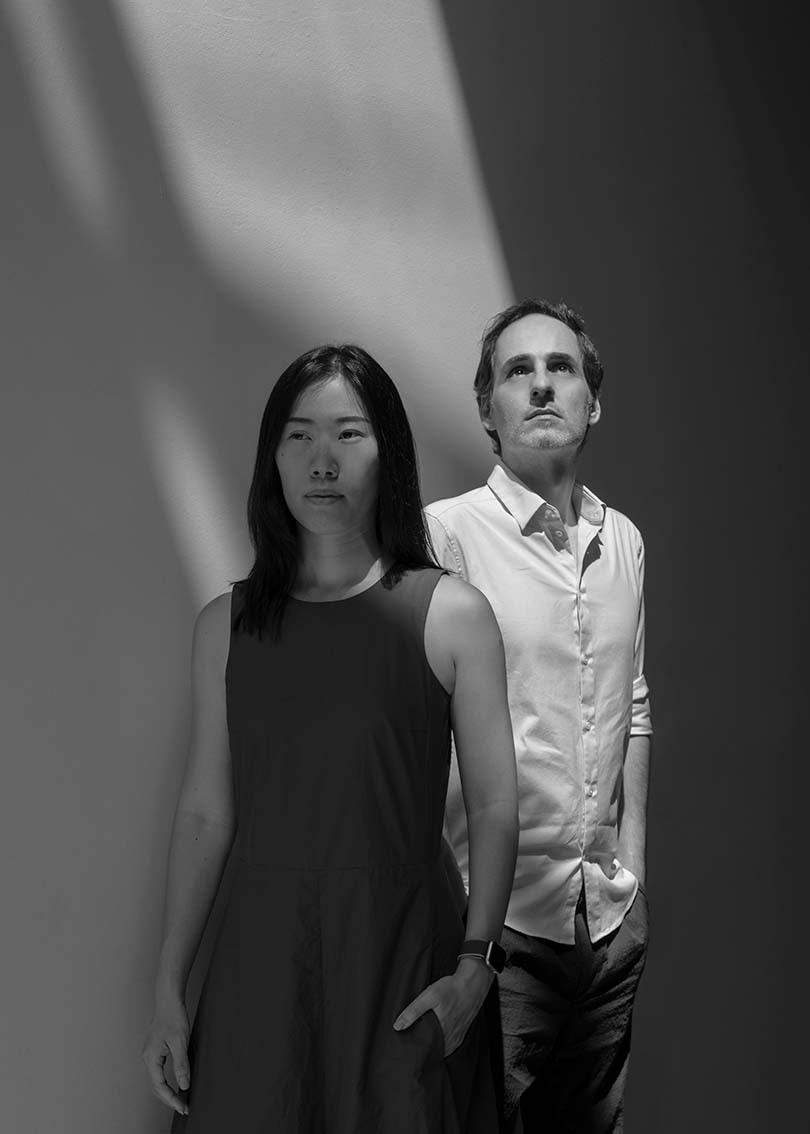
Following two open calls, DesignSingapore Council has selected 17 projects that exemplify impactful design, tackle complex global challenges and benefit people, businesses and the environment. The designers of these projects will now present their research findings, solutions and prototypes in an 11-month rotating physical showcase as well as a series of online workshops and webinars hosted by National Design Centre in Singapore.
The first project to be featured is Reuse Lab by multi-disciplinary design studio Forest & Whale, which looks at the waste of disposable food packaging and plastics. Hawker centres and street food stalls are a way of life in Singapore, however large volumes of waste are caused by the disposable containers used.
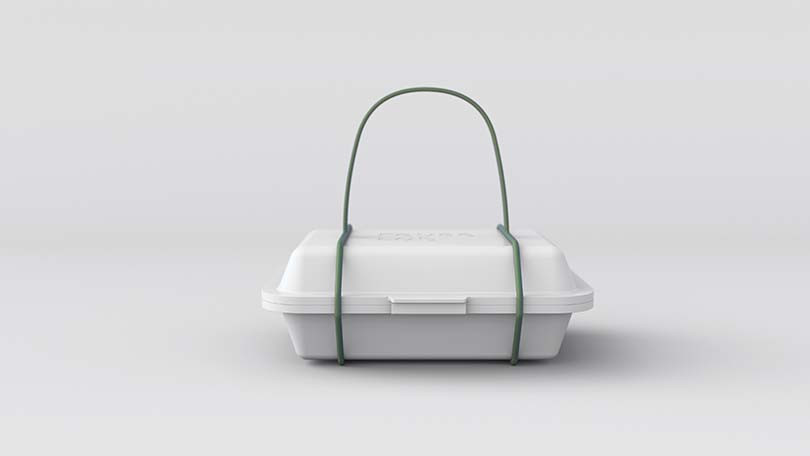
Reuse Lab has created three concepts for the exhibition: KopiCup, its local version of a reusable coffee cup inspired by the iconic kopitiam milk tin; Borrow and Return, a reusable clam-shell container inspired by the Styrofoam versions favoured by hawkers; and a Hybrid takeaway model comprising a compostable brown paper liner and a reusable container.
Another pop-up run by Roger&Sons presents an idea for how to salvage trees that will be felled for urban development. More than 13,000 trees will be cut down in Singapore of the next 13 years but there is no plan for how to use these trees. Roger&Sons sought to understand better local wood, to develop sustainable and eco-friendly processes to rehabilitate abandoned logs and stabilise the wood from warping, allowing them to be used to create furniture or objects.
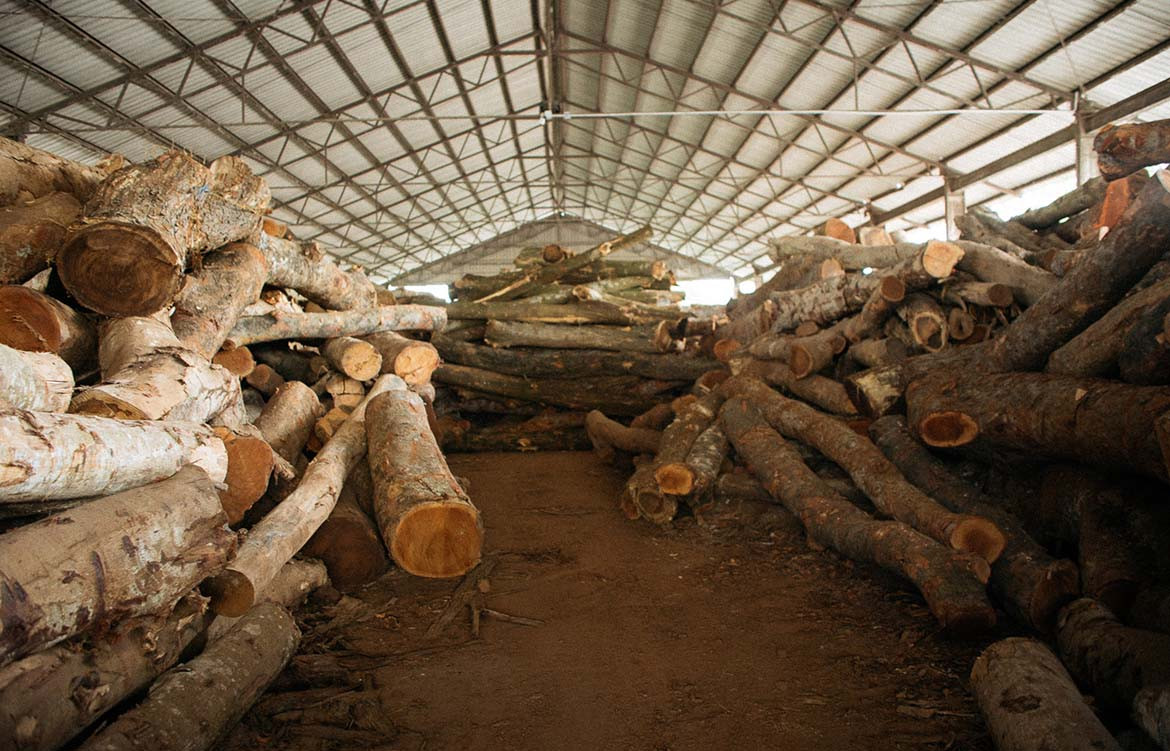
Also looking at the timber industry, the design studio Produce Workshop will unveil a new sustainable material for the construction industry. Produce Workshop has used regionally sourced timbers to develop a new Mass Engineered Timber (MET) material prototype with a lighter carbon footprint than imported counterparts.
More projects will continue to take over the exhibition space over the next year.
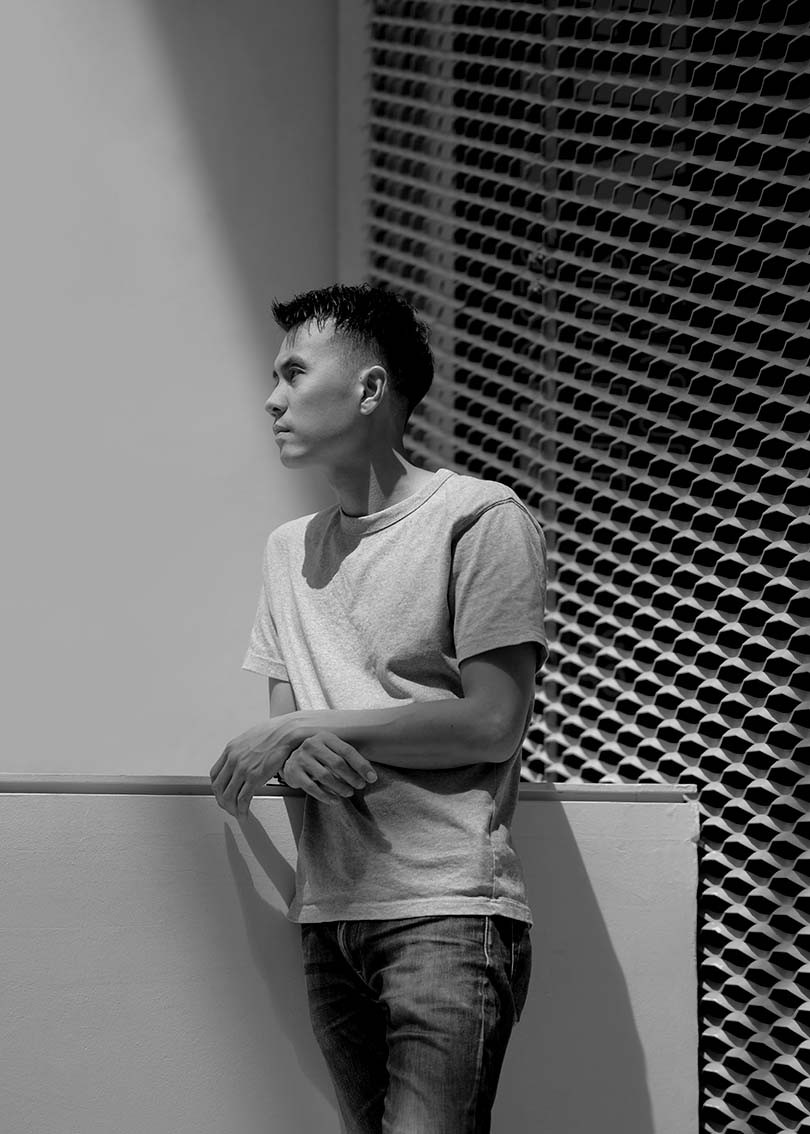
“The projects under Good Design Research not only demonstrate great diversity, they understand the role and the potential for research to explore better, human-centred solutions for the many challenges we face today. Living in these VUCA (volatile, uncertain, complex, and ambiguous) times, there’s a greater urgency r to design more thoughtfully for positive impact and reveal new possibilities for a better world by design,” says Mark Wee, Executive Director of DesignSingapore Council.
For more information visit designsingapore.org
